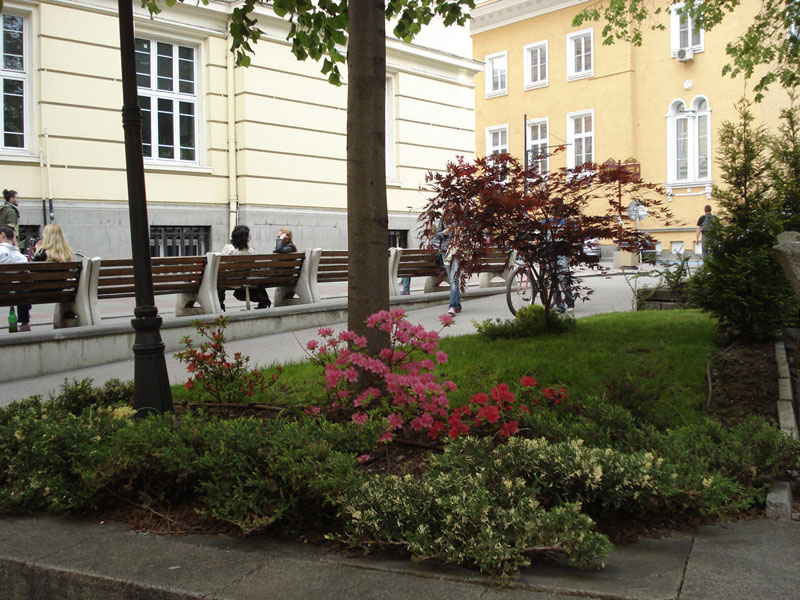
What are the conditions for applying?
You must meet the following conditions to apply for the Conference Interpreting Master's Degree Programme:
- да имате диплома за завършена бакалавърска или магистърска степен (независимо с каква насоченост) със среден успех от курса на обучение и от бакалавърските държавни изпити най-малко добър 4.00;
- • To speak perfectly both your native language (Bulgarian) and one of the following active foreign languages: English, French or German. We are also open to candidates with native English, French or German and active Bulgarian.
What is the procedure for applying?
Application documents shall be submitted within the terms envisaged during the admission campaign at Sofia University. You will need:
- • To submit an electronic application;
- • To pay a fee;;
- • A Bachelor's of Master's Degree Diploma.
* If the Diploma is issued by a foreign university, it should be translated and legalised.
** If you have completed your Bachelors' or Master's degree at the Faculty of Classical and Modern Philology but have still not obtained your diploma, you may submit a statement certified in the Students' Department of the same Faculty.
*** If you have completed your Bachelor's or Master's Degree at another faculty or university, but have not yet received it, you should submit a translated and legalised academic record.
За повече информация:
Please contact the Dean's Office, tel.: +359 2 8468290, room 231 in the Rectorate building, for any questions on the procedure.
When can application documents be submitted?
Документи се подават в периода 1-14.09.2023 г. включително.
Please follow the Newssection where you can find specific dates for the written and oral examination and information about a possible bursary.
What are the examinations like?
The exam is of two parts: translation and interpretation.
The first part consists of a translation of a socio-political text from and into a foreign language (English, German or French). Successful candidates who have passed the written examination (with a mark of at least Very Good (4.50) shall be admitted to an oral examination, normally taking place the following day.
The oral examination consists of a consecutive interpretation without notes of two speeches of about three minutes each – one from and one to the applicant's foreign language. The applicant shall listen to the entire speech and only then interpret it. The aim is for the interpretation to convey as accurately as possible the structure, logic and basic messages and ideas of the original speech. It is not mandatory, but is an advantage to convey details, figures, and the speaker's personal attitude and sense of humour. Attention is paid not only to linguistic but also communication skills (e.g. visual contact, body language, enunciation, intonation). Following the two interpretations, the examiners may also ask a question related to current political developments or European institutions. The examining board includes a representative of the Directorate-General for Interpretation at the European Commission (SCIC).
Can one apply with more than one language?
If you want to work with two or even three languages during your training, first you will need to choose only one primary active language, with which to apply. Once you are admitted, you will be able to take an additional written test (following the same pattern) for your other language and, if the result is good, add it as a working language.
Good luck!
